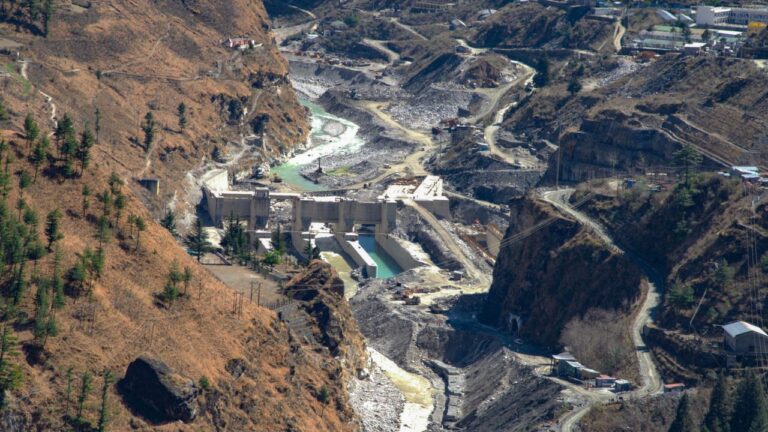
In under a decade, MIT economist Namrata Kala has established a diverse and impactful body of work that bridges the gap between environmental issues and their effects on workers and firms. Her research offers significant insights for government policy, corporate management, and climate change advocacy.
A Prolific Scholar
Namrata Kala, an associate professor at the MIT Sloan School of Management, delves into how environmental problems influence economic activities and individual productivity. Her research spans various sectors, including agriculture, trade, and industrial productivity, often highlighting the global scale of issues and their local impacts. Notably, her work addresses the long-term effects of climate change on agriculture in Africa and India, the economic impact of mechanization, and how linguistic barriers affect trade.
Air Pollution and Worker Productivity
One of Kala’s notable studies, conducted with colleagues, examines the impact of air pollution on garment factory workers in India. By linking particulate-matter pollution data with worker productivity metrics, the study revealed that air pollution significantly reduces sewing efficiency. It also showed that some managers could identify which workers were most affected, highlighting the importance of managerial awareness in mitigating productivity losses due to environmental factors.
Understanding Resilience and Adaptation
Kala’s work is driven by a desire to understand resilience and adaptation in the face of environmental change. She emphasizes the importance of interventions that enhance resilience while acknowledging the vulnerability of the majority of the world’s population to events that can hinder economic growth. This focus on practical, impactful research earned her tenure at MIT last year.
From Punjab to Academia
Kala’s journey began in Punjab, India, where she developed an early interest in societal, economic, and environmental issues. She completed her undergraduate studies in economics at Delhi University and pursued a one-year master’s program in international and development economics at Yale University. This experience shifted her perspective, leading her to a PhD and a career in academia.
Broadening Research Horizons
Kala’s research is characterized by its diversity and empirical rigor. For example, a recent working paper she co-authored investigates the relocation of industrial firms from Delhi to reduce pollution. The study found that while the policy improved air quality, it adversely affected the survival rate of firms. This insight underscores the need for environmentally beneficial policies that also support economic sustainability.
India: A Research Focal Point
India remains a central focus for Kala’s research due to its significant development challenges and environmental issues. With a large population living in poverty and numerous cities grappling with severe pollution, India provides a critical context for studying the intersection of development and environmental quality. Kala aims to develop policies that promote industrial growth while improving or at least maintaining environmental standards.
An Enriching Academic Environment
Kala attributes much of her research success to the collaborative and interdisciplinary environment at MIT Sloan. She values the opportunity to engage with colleagues from diverse fields, which enriches her perspective and broadens the scope of her research. This supportive environment has enabled her to explore a wide range of topics and continue contributing valuable insights into the interplay between environmental change and economic productivity.
Namrata Kala’s work exemplifies the importance of interdisciplinary research in addressing some of the most pressing global challenges. Through her studies, she continues to uncover ways to enhance resilience and productivity in the face of environmental distress, ultimately contributing to smarter and more sustainable growth policies.






